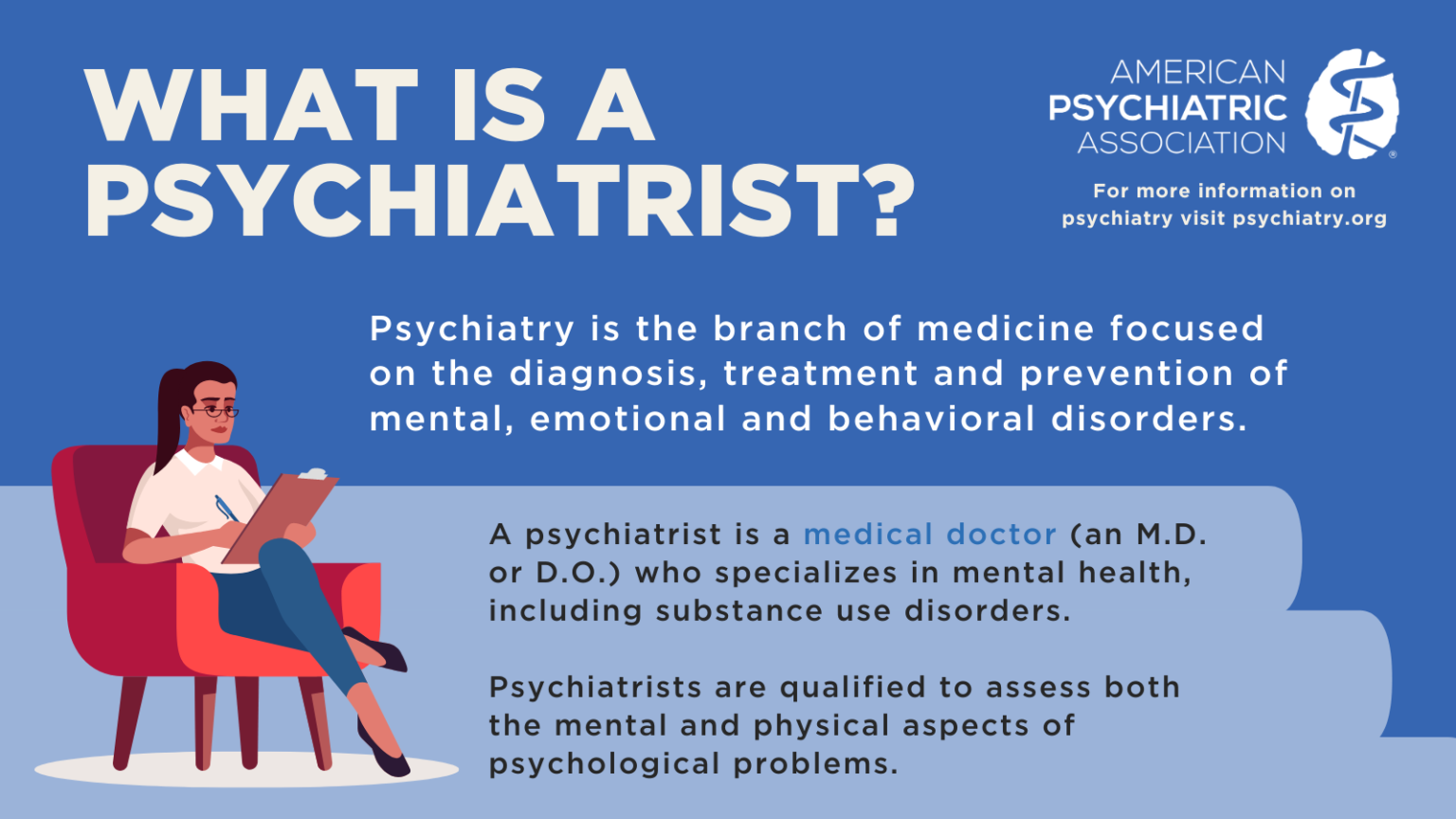Introduction
Mental health is an essential aspect of overall well-being, and psychiatry plays a crucial role in providing care and support for individuals facing mental health challenges. Psychiatrists are medical doctors who specialize in the diagnosis, treatment, and prevention of mental, emotional, and behavioral disorders. In this blog post, we will explore the field of psychiatry and the importance of seeking mental health care and support.
- Understanding Mental Health
Mental health encompasses our emotional, psychological, and social well-being. It affects how we think, feel, and act, and influences how we handle stress, make choices, and relate to others. Mental health is vital at every stage of life and impacts various aspects, including our relationships, work, and overall quality of life.
- The Role of Psychiatrists
Psychiatrists are medical professionals who undergo specialized training in mental health. They are equipped with a deep understanding of the complex interplay between biology, psychology, and social factors in mental health disorders. Psychiatrists can diagnose and treat a wide range of conditions, including depression, anxiety, bipolar disorder, schizophrenia, eating disorders, and substance use disorders.
- Diagnostic Evaluation and Treatment
Psychiatrists utilize diagnostic interviews, psychological assessments, and medical evaluations to understand a person’s mental health concerns comprehensively. Based on their evaluation, they develop individualized treatment plans that may include psychotherapy (talk therapy), medication management, lifestyle modifications, and other evidence-based interventions. Psychiatrists monitor treatment progress and make adjustments as needed to ensure optimal outcomes.
- Psychotherapy and Counseling
Psychotherapy, also known as talk therapy, is a fundamental aspect of psychiatric care. Psychiatrists employ various therapeutic approaches, such as cognitive-behavioral therapy (CBT), psychodynamic therapy, and interpersonal therapy, to help individuals better understand their thoughts, emotions, and behaviors. Therapy provides a safe space for individuals to explore their concerns, develop coping strategies, and foster personal growth.
- Medication Management
Psychiatrists have expertise in prescribing and managing psychiatric medications when necessary. Medications can be valuable in treating mental health conditions, helping to alleviate symptoms, stabilize mood, and restore overall well-being. Psychiatrists carefully evaluate the need for medication, educate patients about their benefits and potential side effects, and monitor their effectiveness closely.
- Collaborative Care
Psychiatrists often work collaboratively with other healthcare professionals, such as psychologists, counselors, social workers, and primary care physicians, to provide comprehensive mental health care. This collaborative approach ensures that individuals receive holistic support addressing their psychological, social, and physical well-being.
- Prevention and Mental Wellness
Psychiatrists also emphasize the importance of mental wellness and preventive measures. They educate individuals about stress management techniques, self-care practices, healthy lifestyle choices, and strategies for maintaining positive mental health. Promoting mental wellness and early intervention can help prevent the onset or worsening of mental health conditions.
Conclusion
Psychiatry plays a vital role in providing mental health care and support to individuals facing a wide range of challenges. By seeking psychiatric care, individuals can receive accurate diagnoses, evidence-based treatments, and personalized support for their mental health concerns. Remember, prioritizing mental health is essential for overall well-being, and seeking the guidance of a psychiatrist can make a significant difference in one’s mental and emotional well-being.

